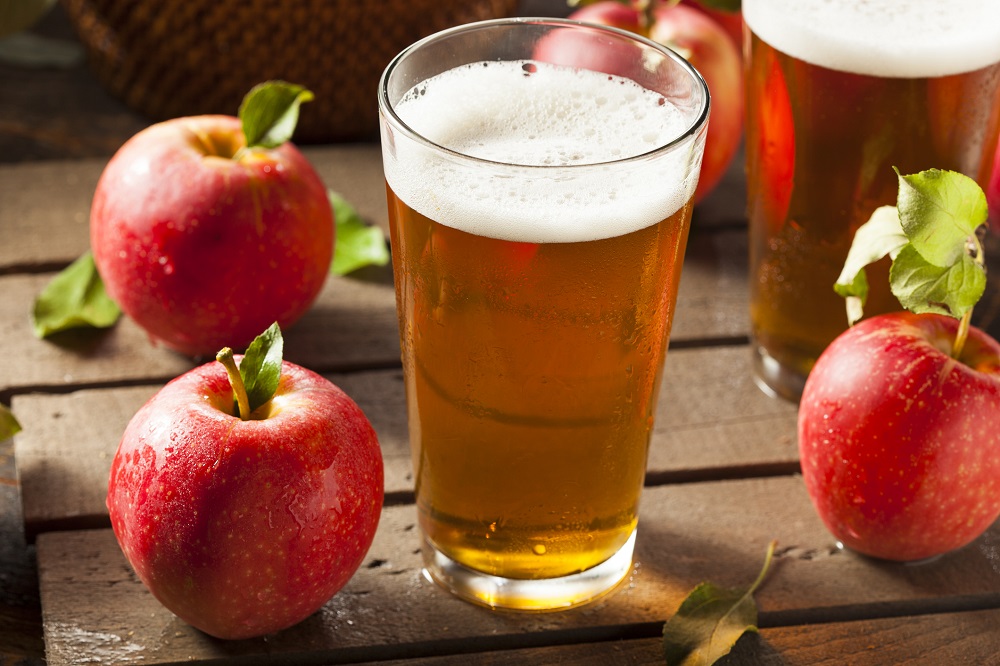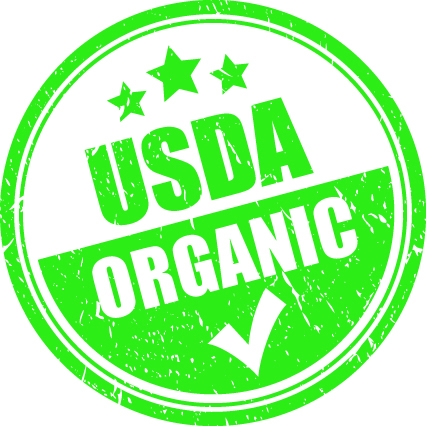How Can a Brewery Produce Hard Cider? – Part 2: COLAs, Standards of Fill and Pa.L.C.B. Brand Registration

Hard cider (or alcoholic cider as it is commonly called) has been around for centuries, especially in Pennsylvania. Being home to many apple orchards, Pennsylvania is starting to see numerous cideries (like a brewery, but for hard cider) popping up anywhere from apple orchards and farms to urban centers. We decided to make this two-part blog series on the steps that a brewery must take to produce hard cider in Pennsylvania, which can be a complicated process as you will read. You can read Part 1 here, which covered the TTB permitting process for a brewery to produce hard cider with its brewing equipment. This part will cover COLAs, TTB standards of fill and Pa.L.C.B. Brand Registration.
A quick summary from Part 1: hard cider is classified as a “malt or brewed beverage” under the Pennsylvania Liquor Code. Conversely, it is considered a wine product by the Alcohol, Tobacco Tax and Trade Bureau (“TTB”). Due to this difference, if a brewery plans to produce hard cider on its brewery premises, it must comply with the TTB’s regulations regarding wine labeling, standards of fill, etc.
COLAs and Standards of Fill
Due to the TTB classifying hard cider as a wine, specifically “apple wine,” a brewery must follow the TTB’s wine regulations when producing, distributing and selling hard cider. Initially, a Certificate of Label Approval (“COLA”), which is generally required for all sealed containers of alcohol entered into interstate commerce by a manufacturer, is not required for hard cider products that are under 7% ABV. This exempts a brewery from having to include all the required label information for wine products (although there is still some required information), and have the label approved before selling or distributing any hard cider products.
Something that most breweries are not familiar with is the term “standards of fill.” This is because, for beer products, regardless of the ABV, it is permitted to bottle/can in standard packages (12 oz., 16 oz., etc.). However, when dealing with wine and spirits, the TTB regulations control what type of packaging can be used, and it is all on the metric system. This is why you always see your wine and spirits in 750-milliliter bottles and not fluid ounces like beer. Not to worry, breweries; if your hard cider is under 7% ABV, you do not have to follow the TTB’s standards of fill regulations. This will permit the brewery to can/bottle in the same containers used for their brewery operations. Many hard cider producers will put “12 fl. oz./355 ml” on their labels to protect themselves, but simply putting “12 fl. oz.” would be sufficient for hard ciders under 7% ABV.
As a final note on this section, if you produce hard cider over 7% ABV, you will be required to obtain a COLA and follow the TTB’s regulations on standards of fill. Simply because the TTB does not come to investigate your brewery, that does not mean you do not need to follow their regulations. The TTB frequently pick up products in the stream of commerce and completes sampling tests to ensure compliance.
Pa.L.C.B. Brand Registration
In the beginning of 2017, Act 170 of 2016 took effect, and hard cider became classified as a “malt or brewed beverage” under the Pennsylvania Liquor Code. Since then, the Pa.L.C.B. Malt Beverage Compliance Office has been determining how it will accept hard cider brand registrations if the TTB will not issue a COLA (which is the usual way brand registration is completed). For hard cider under 7% ABV, where the TTB will not issue a COLA, the brewery will need to have a chemical analysis completed and sent to the Pa.L.C.B. Malt Beverage Compliance Office to register the brand. The chemical analysis should, at a minimum, include the ABV of the hard cider, the Alcohol by Weight and Carbonation.
If your hard cider is between 7% and 8.5%, the legal limit for hard cider ABV in Pennsylvania, the TTB will issue a COLA for the product and that will be used to register each brand with Pa.L.C.B. Malt Beverage Compliance. As a reminder, you will need to be a fully registered winery and obtain a COLA from the TTB if you produce hard cider over 7% ABV.
As we stated in Part 1, this can be a very complicated process that should be analyzed and handled properly. We have been successful in obtaining TTB approvals for an alteration of a brewery premises so you can use your brewery equipment to produce hard cider. No industry is regulated quite like the alcohol industry, and we are happy to assist you if you have any questions.
For information regarding national and state liquor law matters or general manufacturing and distribution advice, please contact our Liquor Law, Licensing, Manufacturing, and Distribution Practice Group: Liquor Law Department Chair Theodore J. Zeller III, Esquire (tzeller@norris-law.com); David C. Berger, Esquire (dberger@norris-law.com) for Pennsylvania and New Jersey retail and manufacturing licensing; or contact our offices at 610-391-1800.




